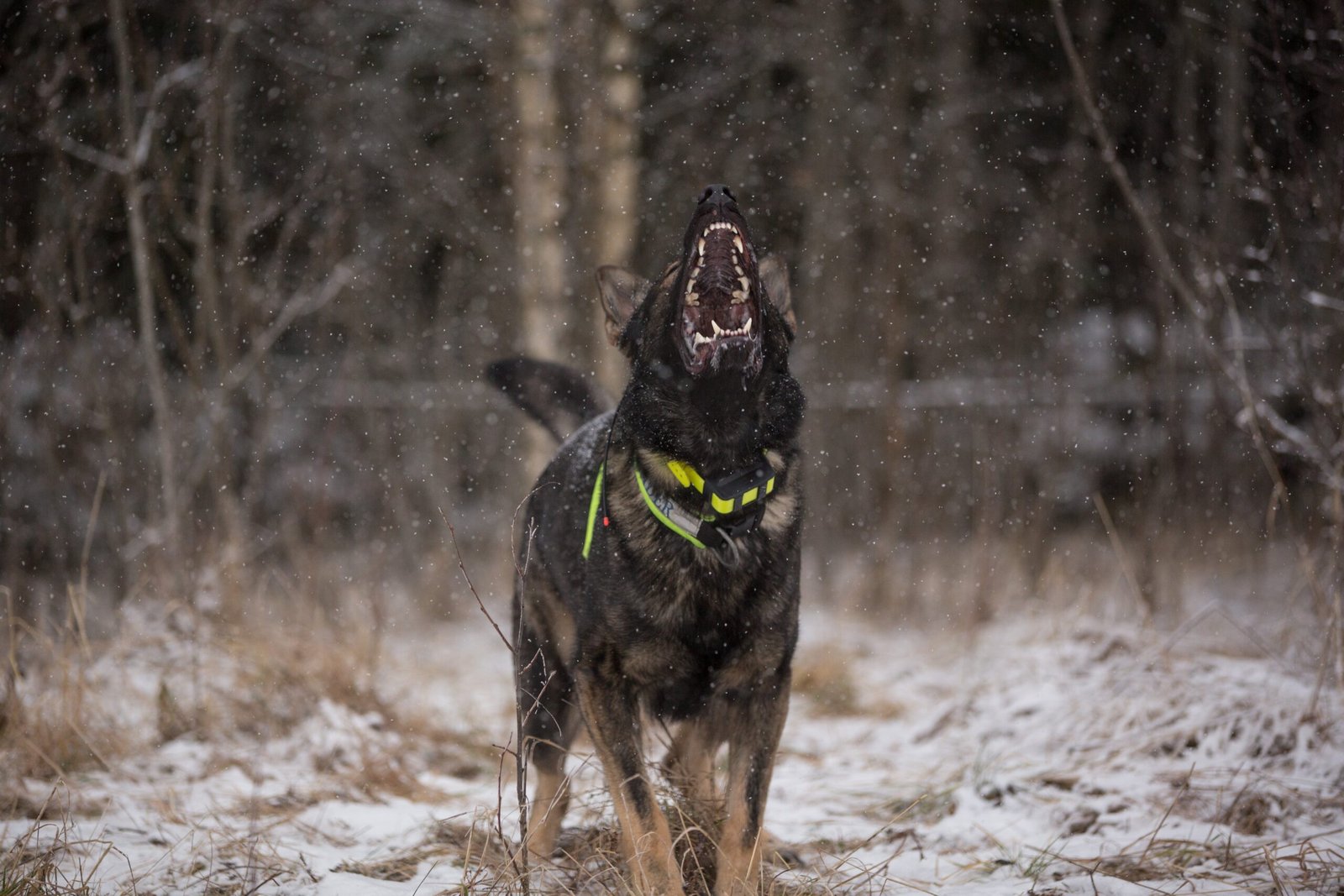
Autism in canines?? Yes! Dogs Can have Autism!

Surprised?
Autism is complex disorder that affects the way an individual( human or animal) thinks, feels and behaves.
Characterized by difficulties in social interaction and communication and repetitive behavior it is very well seen in dogs as well.
Signs ans Symptoms
However, dogs, like humans, can display various behaviors that might seem unusual or atypical. Some behaviors that might appear similar to certain aspects of autism in humans could include:
1. Social Behavior:
Dogs may have varying degrees of sociability. Some might be more reserved or less interested in interacting with people or other dogs, while others might be extremely social and outgoing.

2. Repetitive Behaviors:
Some dogs may engage in repetitive behaviors, such as pacing, spinning, or fixating on certain objects. These behaviors could be caused by stress, anxiety, or boredom rather than being indicative of autism.
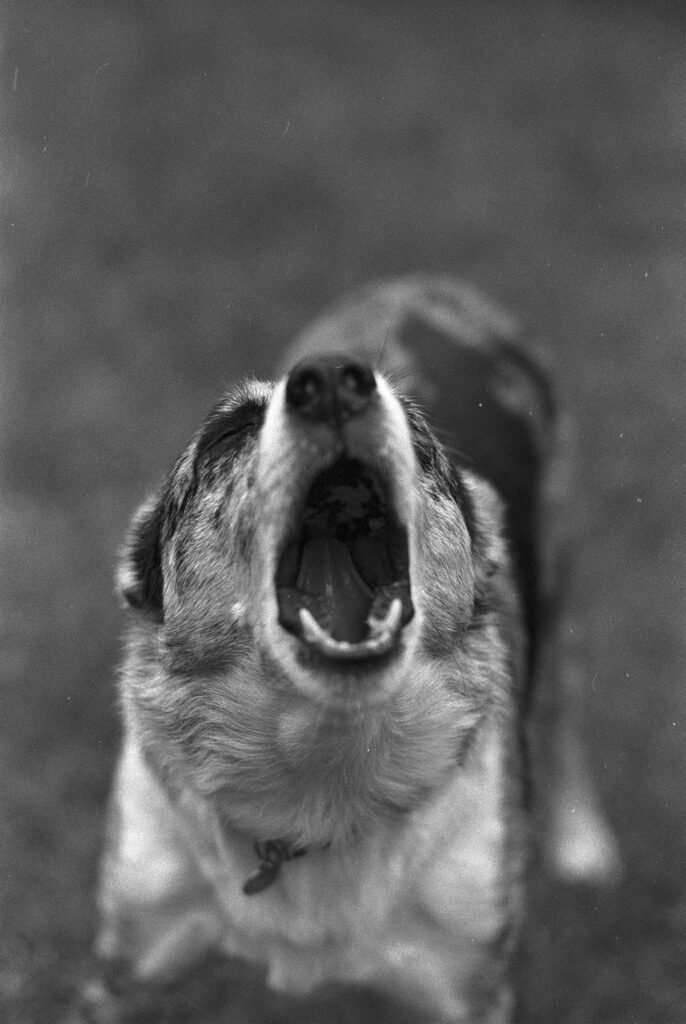
3. Sensory Sensitivities:
Dogs can have heightened sensitivities to certain stimuli, such as noise, touch, or specific textures. This may lead to reactions that seem unusual or excessive.
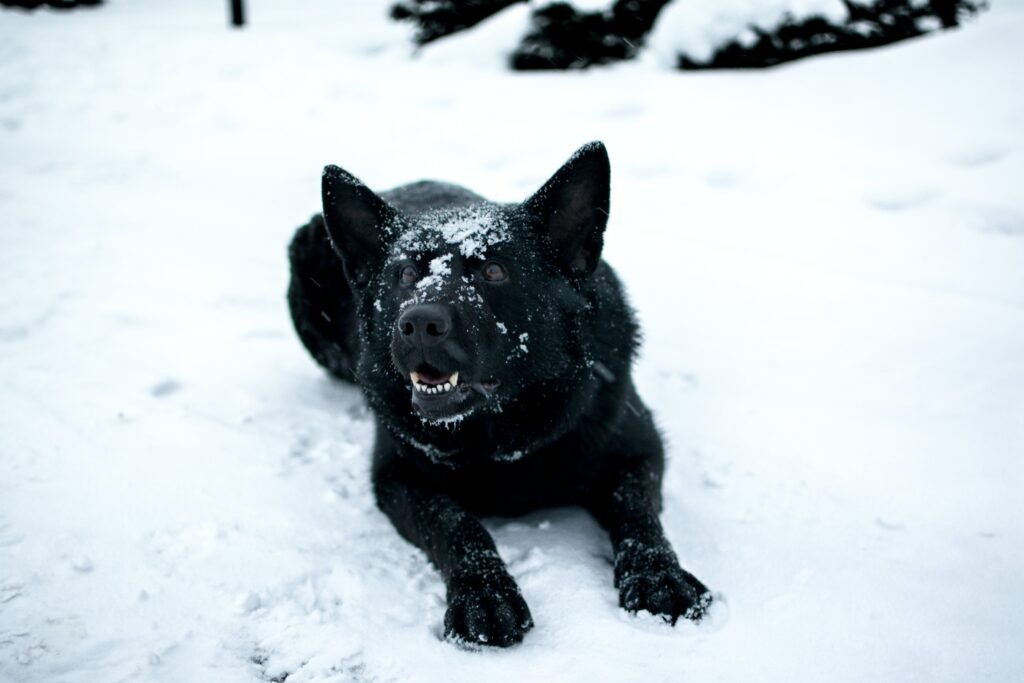
If you have a suspicion that your dog might be having autism it is of paramount importance to speak with a veterinarian or a canine behavior specialist as soon as possible. With prompt diagnosis and the right treatment plan your dog can live a happy and healthy life just like a normal canine.
What is High Functioning Autism in Canines?
Just like in humans canines can also suffer from a form of autism also known as a high functioning autism or ASD.
Your canine may just go into a social withdrawal or become unresponsive to people and his surroundings and may exhibit hyperactivity or destructible behavior. Interspersed periods of normal communication and social behavior might be there which can make the diagnosis extremely difficult.
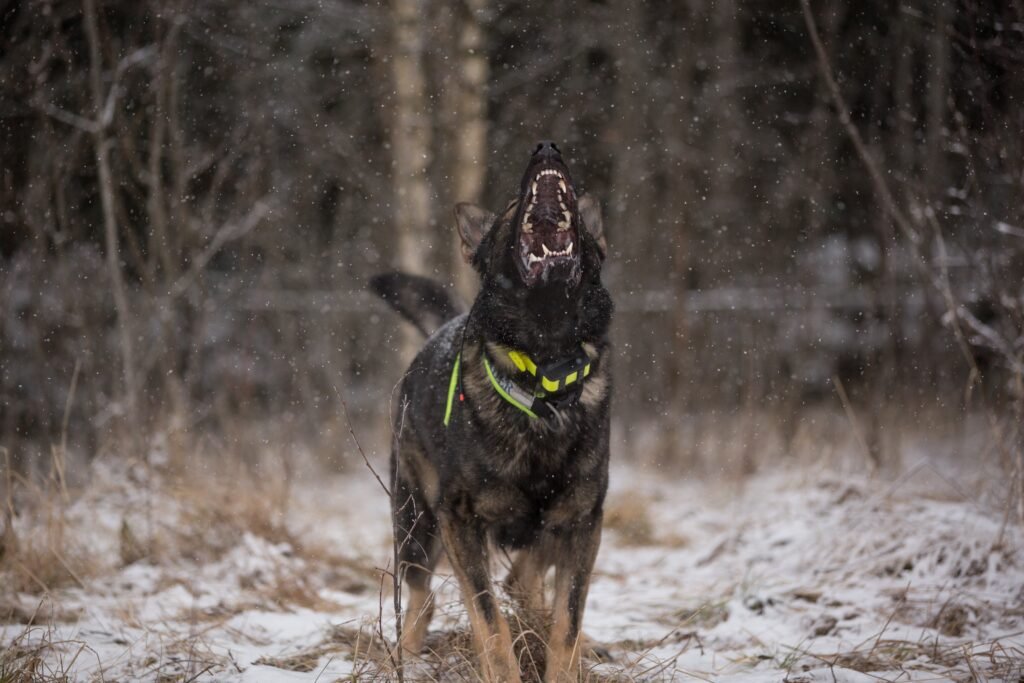
How to get a canine diagnosed with autism?
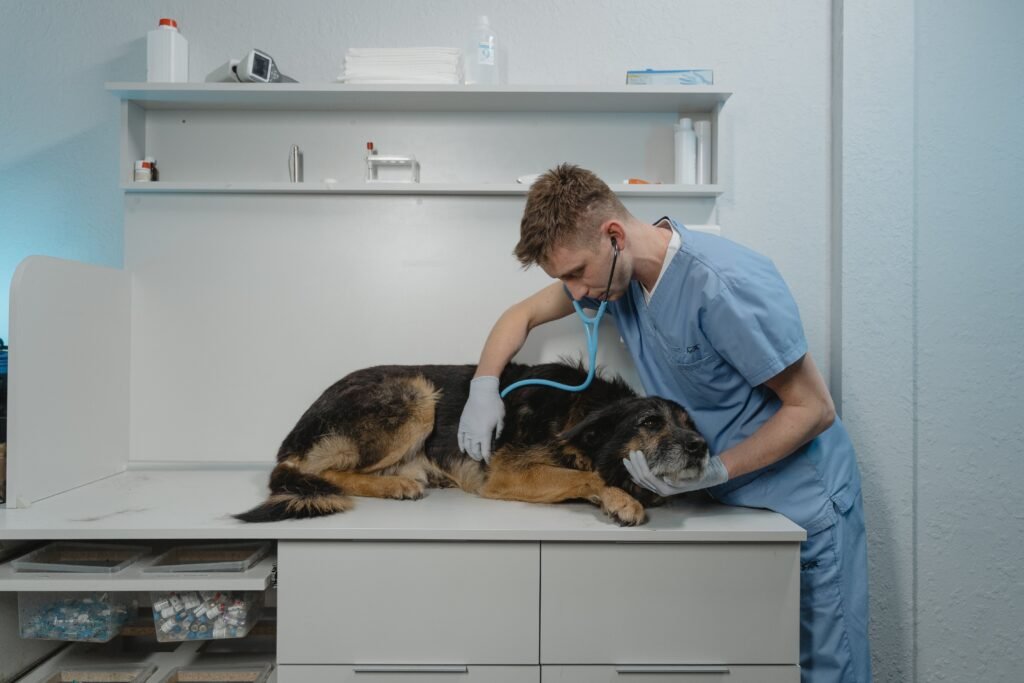
First, take the canine to a veterinarian/ canine behavior specialist/ animal psychologist or a veterinary neurologist who specializes in canine brain disorders.
they will do a behavioral assessment which might include observation of your canine behavior with you as well as sensory testing along with cognition and learning ability.
Once it is diagnosed with Autism, then what?
If at all your canine is diagnosed with autism it will be subjected to cognitive behavioral therapy with or without medications or dietary and environmental changes.
If you observe any concerning behaviors in your dog, it’s best to consult with a veterinarian or an animal behaviorist. They can evaluate your dog’s behavior and determine if there’s an underlying medical issue, behavioral problem, or if the behavior is within the normal range for that particular dog.

Remember, interpreting animal behavior can be complex, and attributing human conditions like autism to animals may not accurately explain their behavior. Understanding and addressing your dog’s specific needs and behaviors based on their individual personality and experiences is crucial for their well-being.







